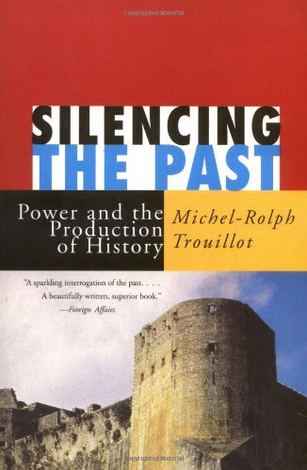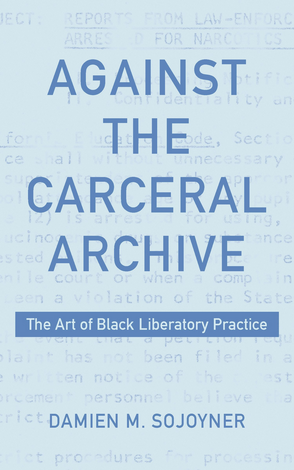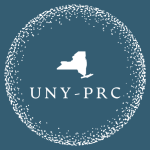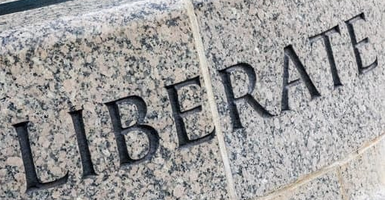What does it mean to “Liberate the Archive”?
One of the core values of the Upstate New York Policing Research Consortium (UNY-PRC) is to reduce barriers to research about policing and carcerality.
Barriers to research can include:
- Funding
- Access to archives
- Relationships with archivists
- Background knowledge
- Training in research methods
- Cameras, laptops, and other devices
- Connections with other folks doing similar research
- Organization and analytical skills
- Time
We believe all people should have access to the skills, data, and archival evidence. We offer regular intervals of interdisciplinary training, and we actively curate and digitize materials to share online via the UNY-PRC Digital Archive.
Why should we liberate the archive?
Academia teaches people that research is a siloed endeavor to be achieved by an individual or small team of specialists, and that data and sources should be protected. It can take years for the fruits of academic research to be published, and even then it is blocked by paywalls or requires institutional affiliations.
We promote a collaborative approach to research because we believe that greater access to information will accelerate the pace of publication, advocacy, and repair. We believe valuable information must be conveyed in many forms to be usable to the public. Academic research is but one small aspect of the community-based effort of UNY-PRC.
Furthermore, conventional sources about policing and carcerality come from the state. UNY-PRC complements the existing archives by centering sources and perspectives from the people most directly impacted.
Recommended reading
Michel-Rolph Truillot, Silencing the Past: Power and the Production of History
Damien M. Sojoyner, Against the Carceral Archive: The Art of Black Liberatory Practice



